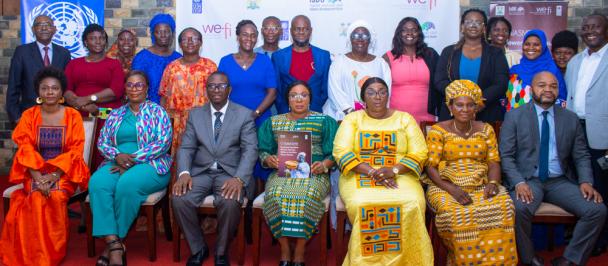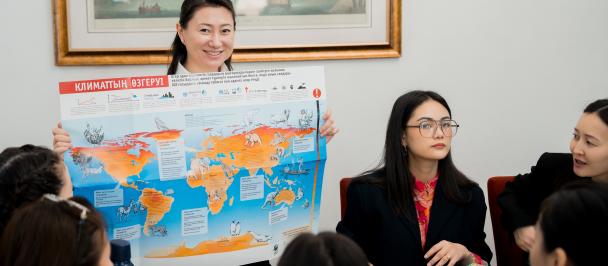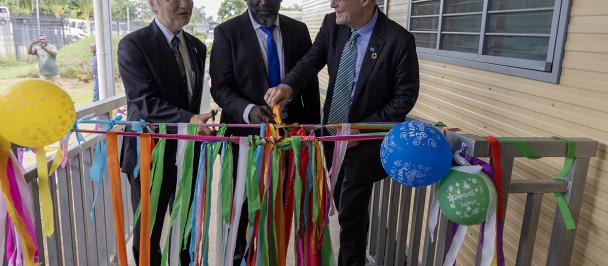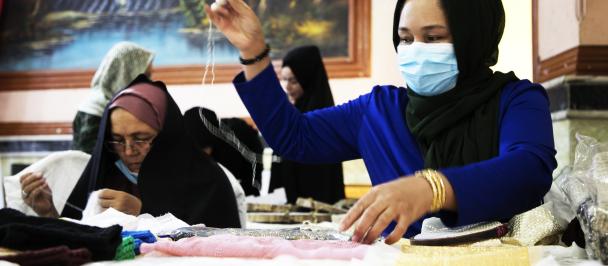Society must not be a barrier for independent life and work of people with disabilities
May 15, 2022

Slađana Dakić is an assistant costume designer at the "Empty Space" drama studio in Podgorica. She loves her job and, to improve her skills and knowledge, she needs a hearing aid. Although she applied for the device twice, she has been waiting for it for almost two years.
"I had to file the application twice, because the first time I was not well informed. That’s stressful for me as I’m afraid I won’t get it soon enough, and it’s very important to me. Work is difficult for me without it, although I have the support and understanding of my colleagues", Slađana says.
More than 50,000 citizens of Montenegro have difficulties while performing daily activities due to a long-term illness, disability or old age. To exercise most of their rights, they have to pay visit to several different disability assessment commissions and face complicated and lengthy procedures.
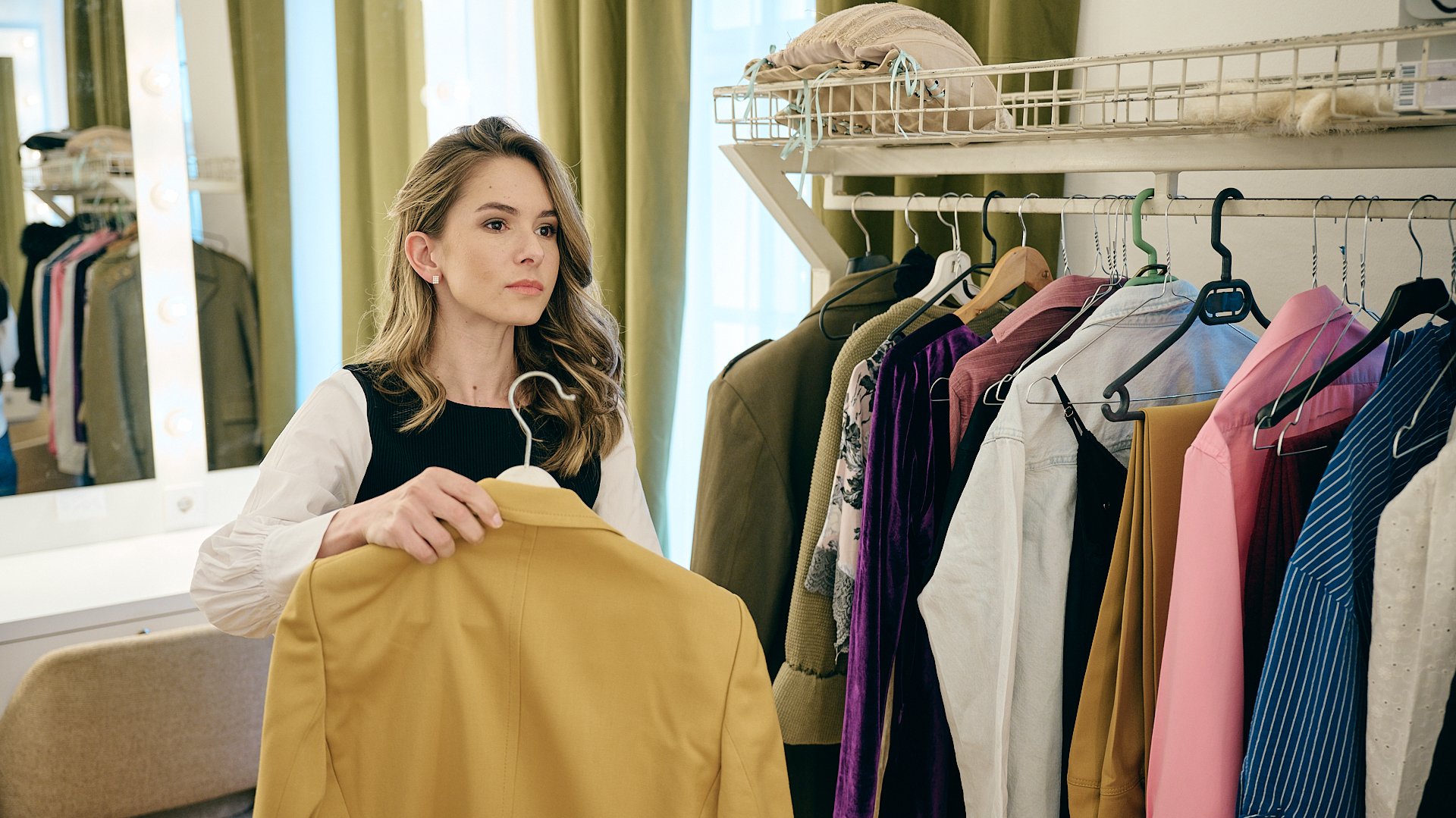
"I have waited for the disability assessment commission to see me for more than a year. The process is long, stressful and exhausting. I was anxious that I forgot to include some of the documents", Slađana says.
Going to meet the commission was not more pleasant for her either - the crowd, the narrow corridor, the noise that made it difficult for her to hear when her name was called.
"When I entered the room, two doctors only told me to hand over the documentation and didn't ask any questions. I didn't think that meeting the commission would look like that, as I had waited for appointment for a long time. I wish I had experienced a slightly different approach of the medical commission. I wish they had explained to me what the percentage of 60% disability, which was assessed for me, actually meant. I would have felt encouraged if they had told me that this percentage was not an obstacle to my independent life and work," Slađana says.
Apart from complicated procedures, people with disabilities also face a lack of information - Slađana did not know for five years that she had the right to a disability assessment and professional rehabilitation.
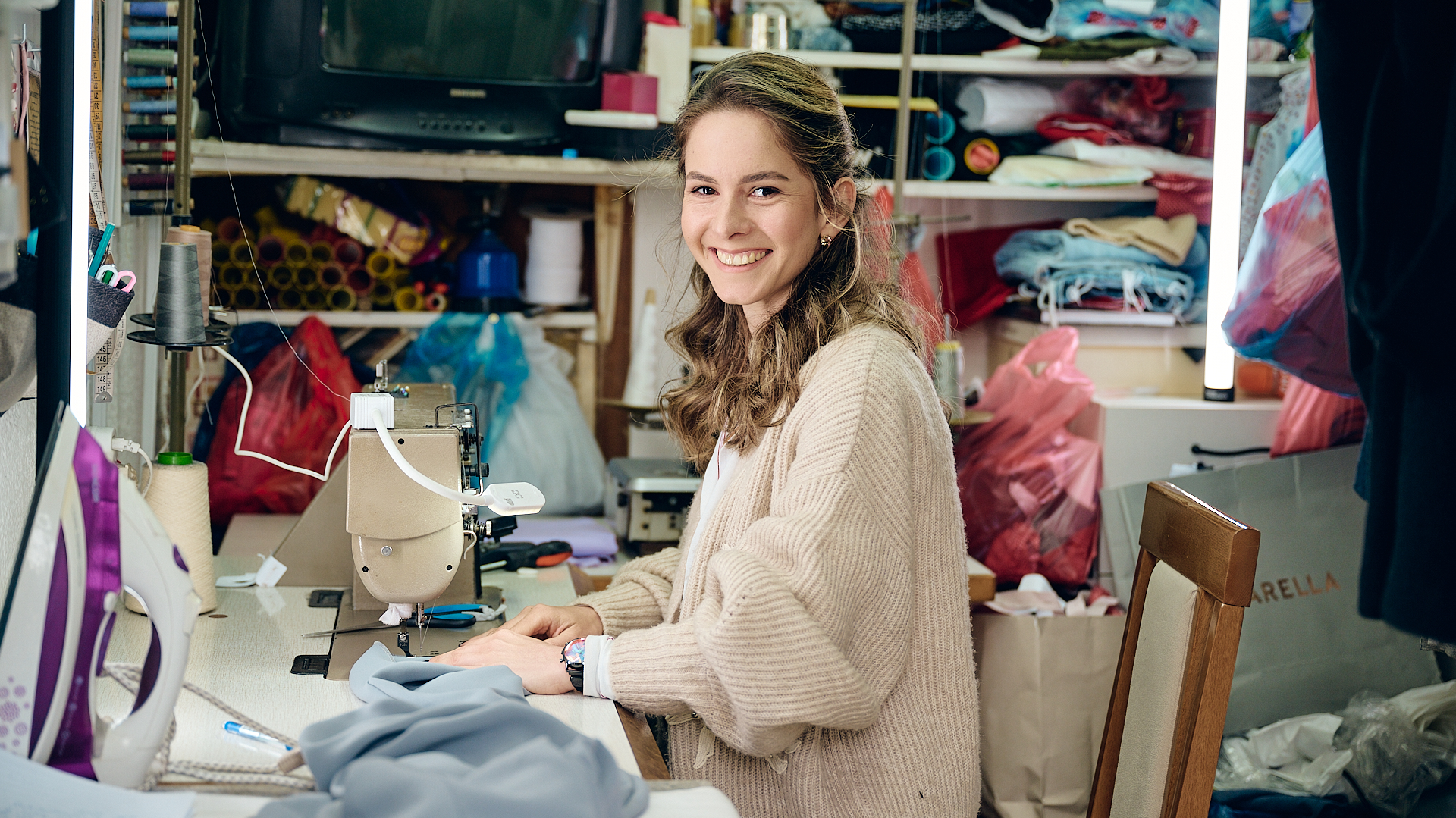
Administrative barriers, however, are not the only ones she has had to face. Prejudices in the society have put her to a situation where she had to hide her disability in order to get a job.
"They thought that my hearing impairment was preventing me from doing my job properly. They didn't show understanding that, like everyone else, I needed to work, engage myself, and advance in what I do", Slađana says.
Despite being talented for drawing, she had to leave the university.
"During a lecture, the professor would face the blackboard, and it became difficult for me to follow lectures, as I could not read from his lips," Slađana explained.
Despite the progress made in inclusive education, students with disabilities continue to face many barriers. That is why Slađana, just like many other persons with disabilities, decided not to continue her education due to the unsuitable teaching methods, inadequate teaching materials, and the lack of an individualized approach.
"I wish there was a team that would help us and understand our situation and what barriers we face," Slađana said.
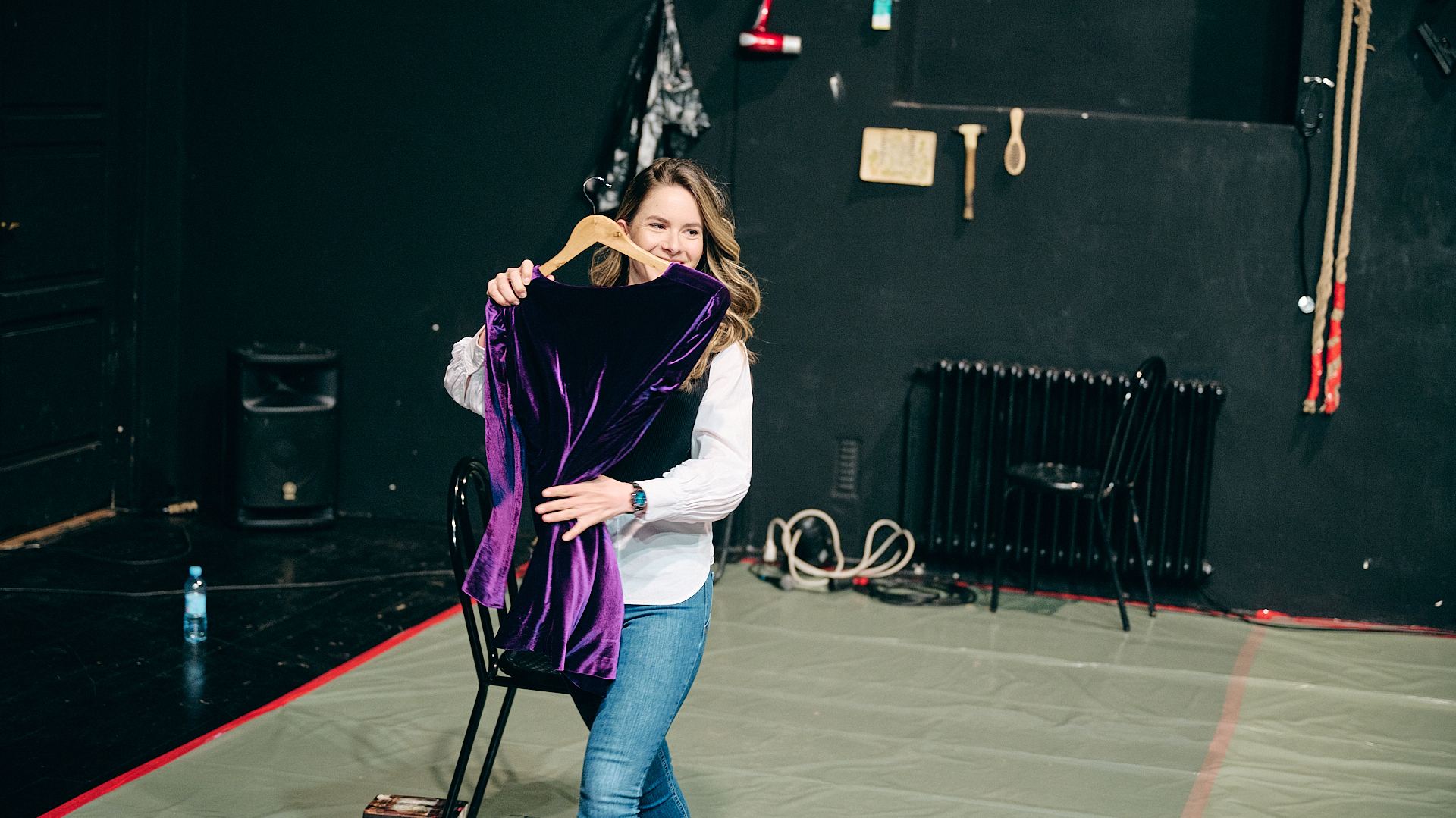
With the help of the "Reform of the National Disability Assessment System" project, implemented by UNDP together with the Government and civil society organizations, and financially supported by the European Union, disabilities and needs of all persons with disabilities will be assessed in one place.
The assessments will be made based on the human rights model, and not on the medical one only, as it has been the case so far. This means that the barriers they face will also be assessed, as well as the support required to overcome them and enable persons with disabilities to lead an independent life. This will significantly simplify procedures for them to exercise their rights, make the system more accessible, and enable them to be better informed.
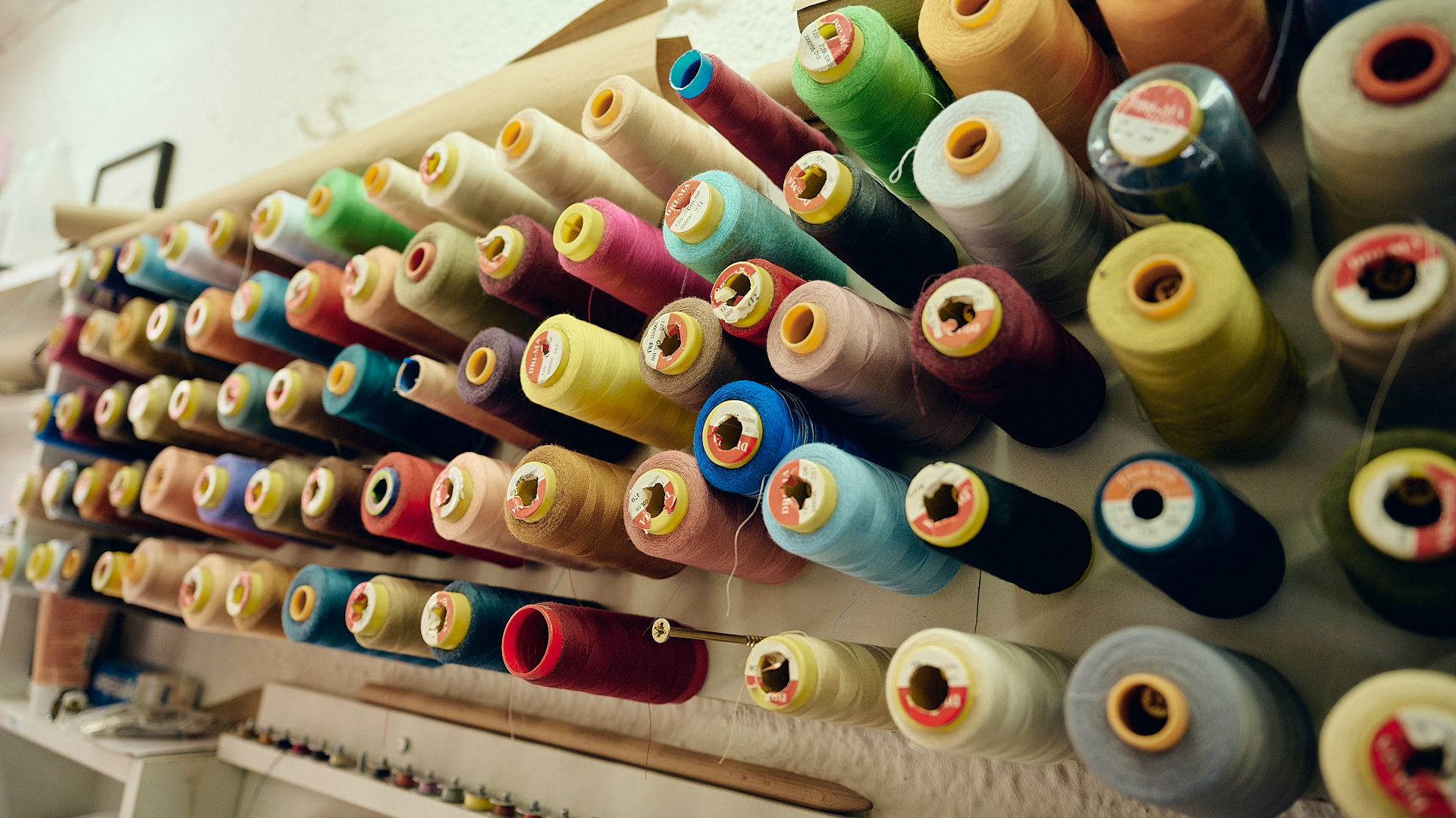
"I wish the system was such that all the information are accessible to us, available in one place and communicated in a proper way," Slađana says while sewing costumes and helping the actors at the Zeta House theatre prepare for the play.

 Locations
Locations
